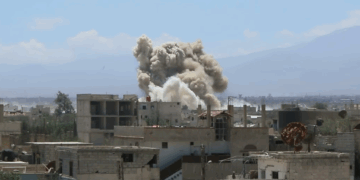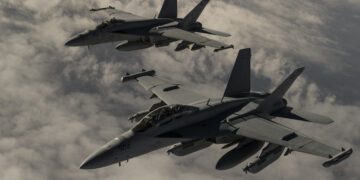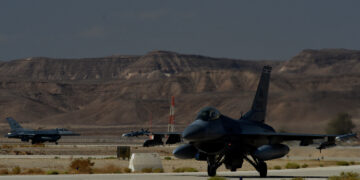
The ongoing war between Israel and Hamas sits at a critical point as Tel Aviv conducts its military operation in Rafah. In this context, U.S. president Joe Biden and Israeli prime minister Benjamin Netanyahu are increasingly feuding in the public space, prompting Washington to utilize progressively harsher tools to prevent Israel’s Far Right government from conducting increasingly rogue actions in Gaza. Ultimately, there are real risks that the current situation could spiral out of control—something Western leaders must consider and anticipate to avoid a potential slaughter with long-term implications.
There is still a possibility that leaders can prevent this outcome through the ongoing ceasefire talks between Hamas and Israeli negotiators. On May 6, Hamas accepted a ceasefire deal that Israel previously approved with the blessing of leading mediators—namely the United States, Egypt, and Qatar. The group’s decision startled Tel Aviv, drawing accusations of foul play as Israeli leaders claimed Hamas agreed to a different deal.
Anonymous officials assert the deals are nearly identical, with U.S. officials arguing there is space for an agreement while downplaying the differences within the framework and defining Hamas’s announcement as a “counterproposal” that is very reachable. Conversely, Israeli officials still claim the deal has unacceptably wide gaps. As such, Tel Aviv continues to view an offensive into Rafah—supposedly Hamas’s last major stronghold in Gaza—as the only way to strengthen its hand in negotiations or, at a minimum, save hostages while destroying the armed group. Some Israeli officials even accused the United States of acting in bad faith by not informing them about the deal Hamas approved. Ultimately, the Israeli and Hamas texts are not all that different, with U.S. officials claiming gaps can “absolutely be closed.”
More on Middle East

By Daniel DePetris and Rajan Menon
July 17, 2025

By Jennifer Kavanagh and Dan Caldwell
July 9, 2025
Events on Israel-Hamas







